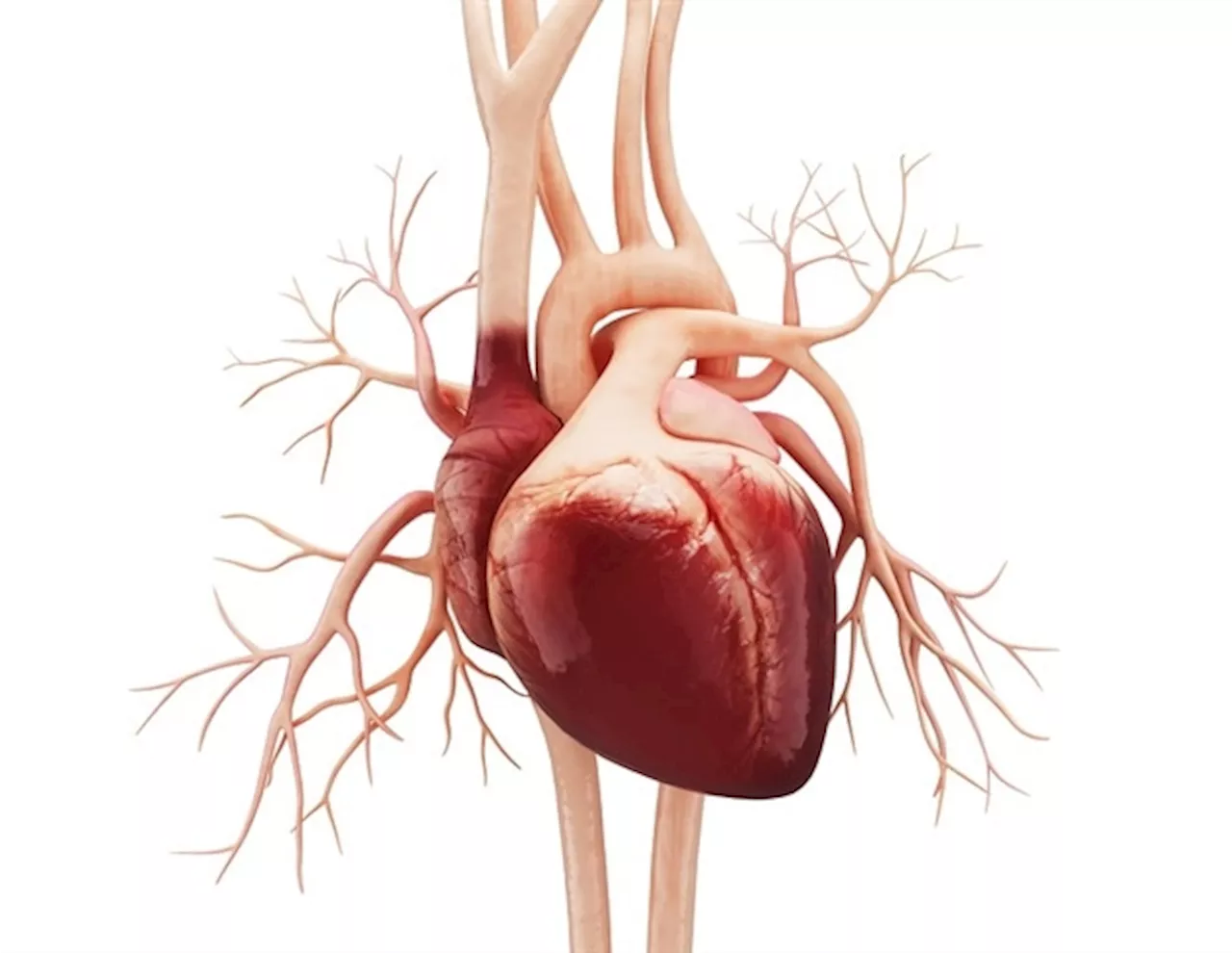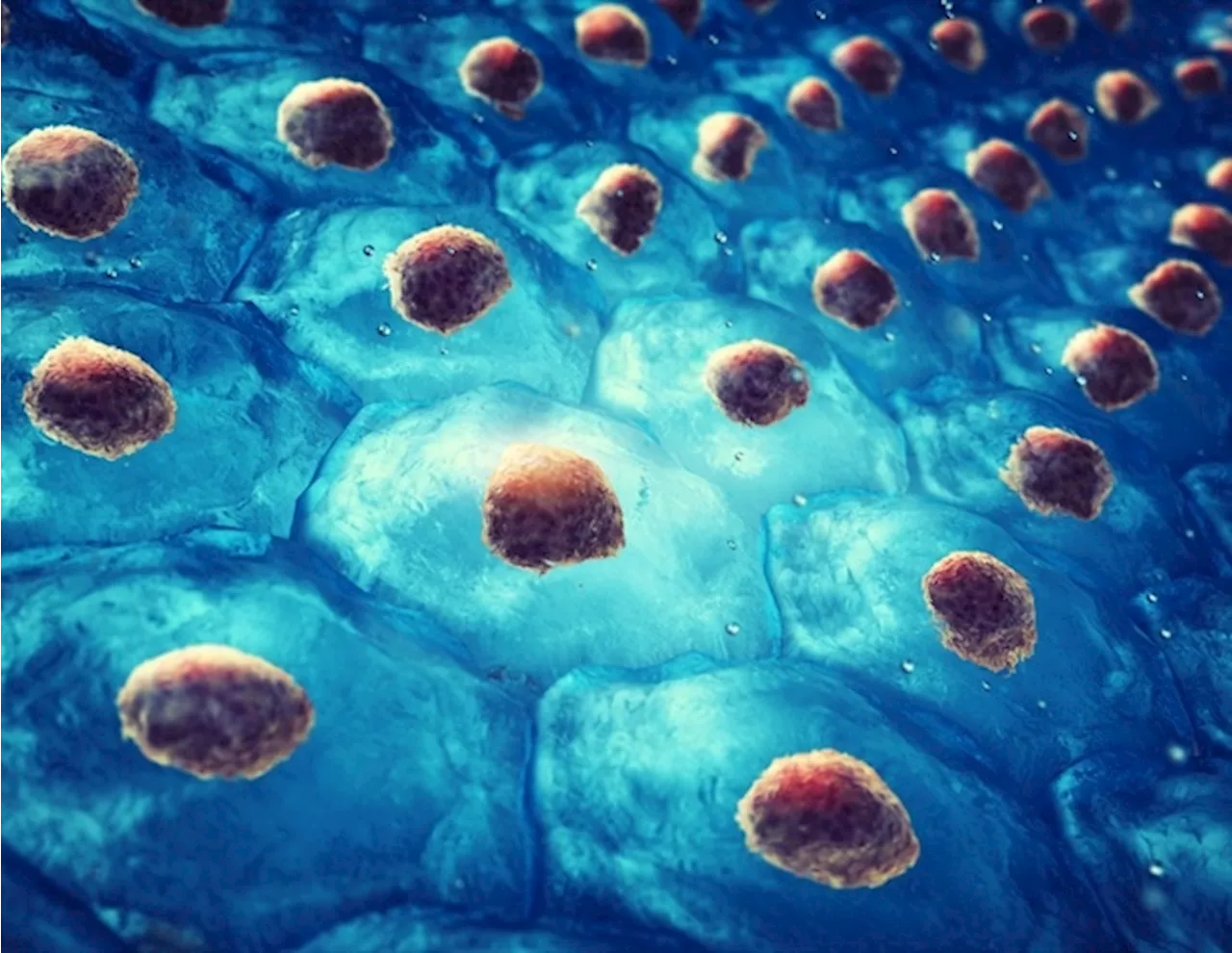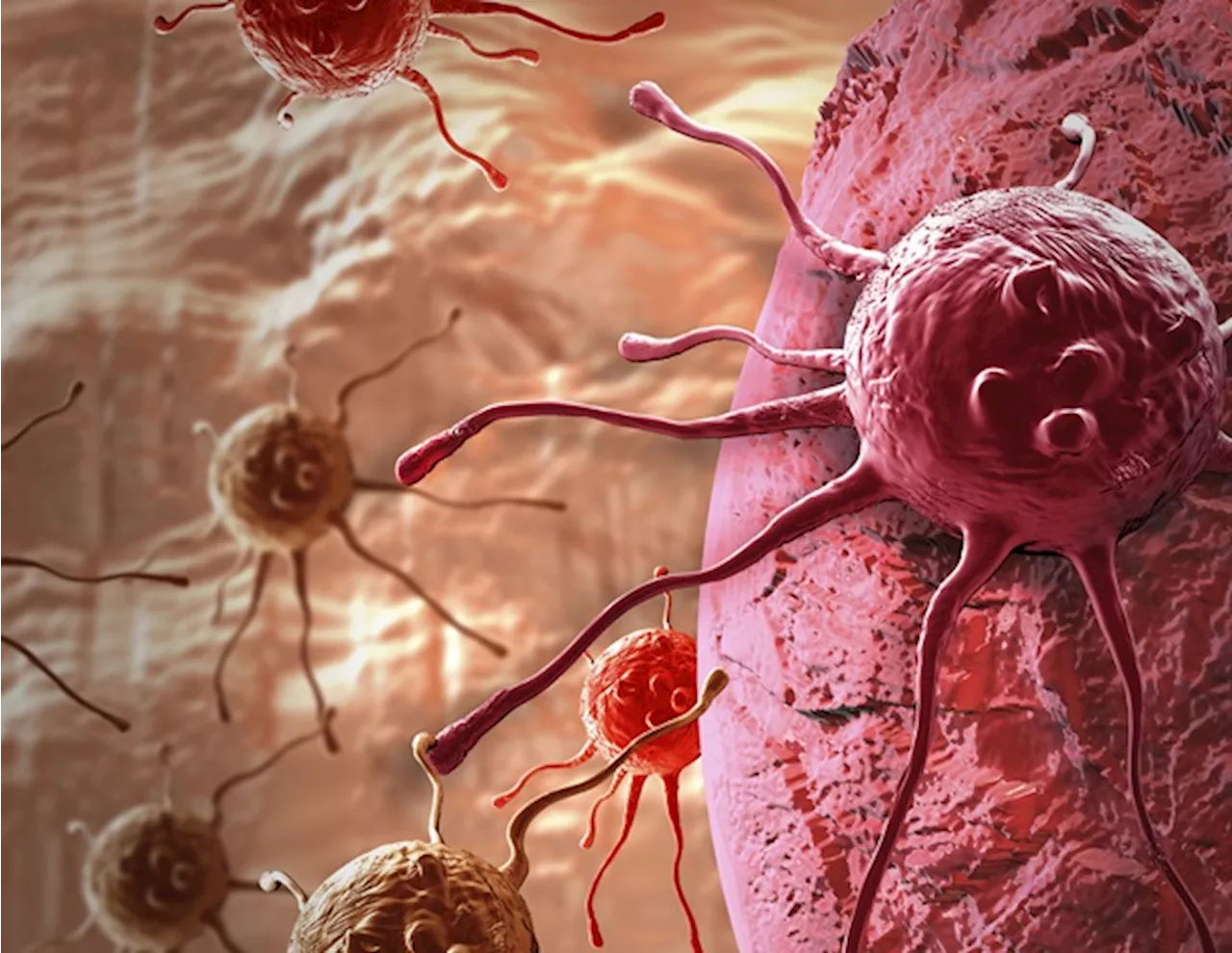A new study reveals a rare type of T cell, called ID3+ T cells, that can resist exhaustion and sustain long-term immune responses, offering hope for improved treatments for chronic diseases and cancer.
A groundbreaking discovery by researchers at the Peter Doherty Institute for Infection and Immunity (Doherty Institute) and the Peter MacCallum Cancer Centre (Peter Mac) has shed light on the mechanisms that enable the immune system to maintain long-term protection. This research, published in Science Immunology, focuses on a rare type of immune cell called stem-like T cells, which hold the key to sustaining powerful, enduring immune responses.
These stem-like T cells, characterized by the expression of a specific protein called ID3, exhibit a remarkable ability to self-renew and resist exhaustion, unlike other T cells that lack ID3. This unique property allows them to fight infections and cancer cells for extended periods, overcoming the limitations of conventional T cell responses that often become depleted over time. Researchers have identified that certain signals within the body can stimulate the production of these ID3+ T cells, paving the way for innovative treatment strategies. Enhancing ID3 activity, for instance, could potentially improve the effectiveness and longevity of CAR T cell therapy, a groundbreaking treatment for certain cancers. While CAR T therapy has shown remarkable success, its effectiveness can diminish due to T cell exhaustion. By bolstering ID3 activity, these cells could be strengthened, leading to more sustained and impactful therapies. The findings also offer hope for the development of vaccines that provide long-lasting protection against diseases. The ability of ID3+ T cells to resist burnout and maintain a robust immune response for extended periods suggests they could be instrumental in combating chronic diseases like HIV, hepatitis B and C, and various cancers.
Immunotherapy T Cells Cancer Chronic Diseases ID3 Protein
United Kingdom Latest News, United Kingdom Headlines
Similar News:You can also read news stories similar to this one that we have collected from other news sources.
 Existing Immune Cells May Offer Protection Against Bird FluA new study from La Jolla Institute for Immunology (LJI) suggests that many individuals may already possess immune cells capable of fighting the H5N1 virus, also known as bird flu. The research indicates that pre-existing immunity to common influenza viruses could provide some protection against H5N1.
Existing Immune Cells May Offer Protection Against Bird FluA new study from La Jolla Institute for Immunology (LJI) suggests that many individuals may already possess immune cells capable of fighting the H5N1 virus, also known as bird flu. The research indicates that pre-existing immunity to common influenza viruses could provide some protection against H5N1.
Read more »
 Genetically Modified Stem Cells Enhance Heart Attack Recovery in Pig ModelA new study by University of Alabama at Birmingham researchers shows promise for treating heart attack damage using genetically modified stem cells. The research, published in Circulation Research, demonstrates significant improvements in cardiac function and reduced infarct size in a pig model when treated with human induced pluripotent stem cell-derived cardiomyocyte spheroids.
Genetically Modified Stem Cells Enhance Heart Attack Recovery in Pig ModelA new study by University of Alabama at Birmingham researchers shows promise for treating heart attack damage using genetically modified stem cells. The research, published in Circulation Research, demonstrates significant improvements in cardiac function and reduced infarct size in a pig model when treated with human induced pluripotent stem cell-derived cardiomyocyte spheroids.
Read more »
 Birth Plays a Critical Role in Maintaining Quiescent Neural Stem CellsA groundbreaking study by Nagoya City University researchers reveals that birth significantly impacts the long-term survival of neural stem cells (NSCs) responsible for generating new brain cells throughout life. The study demonstrates that normal full-term birth triggers a metabolic change in radial glia (RG), the embryonic NSCs, leading them to enter a quiescent state crucial for their long-term maintenance. Preterm birth disrupts this process, potentially contributing to worse neurodevelopmental outcomes in preterm infants.
Birth Plays a Critical Role in Maintaining Quiescent Neural Stem CellsA groundbreaking study by Nagoya City University researchers reveals that birth significantly impacts the long-term survival of neural stem cells (NSCs) responsible for generating new brain cells throughout life. The study demonstrates that normal full-term birth triggers a metabolic change in radial glia (RG), the embryonic NSCs, leading them to enter a quiescent state crucial for their long-term maintenance. Preterm birth disrupts this process, potentially contributing to worse neurodevelopmental outcomes in preterm infants.
Read more »
 Promising Results for Heart Patch Treatment Using Reprogrammed Stem CellsA new heart treatment using patches of muscle tissue grown from reprogrammed stem cells shows promise in early trials. The patches, sewn onto damaged heart muscle, have been shown to survive and integrate, leading to improved heart function in some patients.
Promising Results for Heart Patch Treatment Using Reprogrammed Stem CellsA new heart treatment using patches of muscle tissue grown from reprogrammed stem cells shows promise in early trials. The patches, sewn onto damaged heart muscle, have been shown to survive and integrate, leading to improved heart function in some patients.
Read more »
 Cigarette Smoke Alters Immune Cells, Increasing Risk of Respiratory IllnessesA new study reveals that chemicals in cigarette smoke and e-cigarettes interfere with the function of MAIT cells, a type of immune cell crucial for fighting respiratory infections. This alteration makes smokers and those exposed to secondhand and thirdhand smoke more susceptible to infections and worsens smoking-related lung diseases like COPD.
Cigarette Smoke Alters Immune Cells, Increasing Risk of Respiratory IllnessesA new study reveals that chemicals in cigarette smoke and e-cigarettes interfere with the function of MAIT cells, a type of immune cell crucial for fighting respiratory infections. This alteration makes smokers and those exposed to secondhand and thirdhand smoke more susceptible to infections and worsens smoking-related lung diseases like COPD.
Read more »
 Breakthrough microscopy technique reveals how antibodies target cancer cellsIn blood cancers such as chronic lymphocytic leukaemia, B cells of the immune system multiply uncontrollably.
Breakthrough microscopy technique reveals how antibodies target cancer cellsIn blood cancers such as chronic lymphocytic leukaemia, B cells of the immune system multiply uncontrollably.
Read more »
